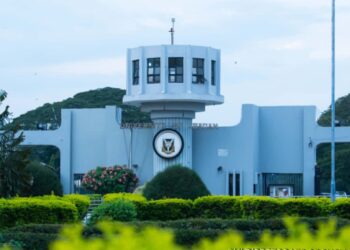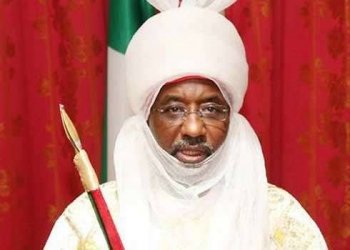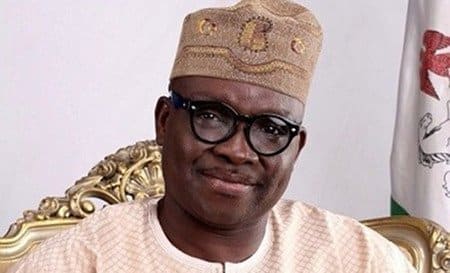The Chief Judge of the High Court of the Federal Capital Territory (FCT), Justice Ishaq Bello has explained the court has outlawed the hearing of political cases from other states.
Justice Bello, who said he has signed a practice direction to that effect, explained the measure was intended to “sanitise the situation.”
He spoke in Abuja on June 18 while inaugurating the new Executive Council (EXCO) of the Abuja branch of the Nigerian Bar Association (NBA).
Members of the new EXCO, who took their oath of office, are Hauwa Shekarau (Chairman); Chioma Onyenucheya-Uko (Vice Chairman); Prince Adebiyi Adetosoye (Secretary); Chinelo Ofoegbunam (Assistant Secretary); Adedeji Emmanuel Adewale (Treasurer); Ngozi Agubalu (Welfare Secretary); Ikemefuna Onyeka (Publicity Secretary); Jude Okey Ugwuanyi (Legal Adviser) and Princess Frank-Chukwuani (NEC Representative).
Justice Bello said: “Political cases that originate from other component states of the federation that, for whatever reason, are brought here (the High Court of the FCT) shall no longer be heard here.”
He said the measure was meant to foreclose the window for forum shopping and to address the challenge of conflicting decisions on the same case by different courts.
The Chief Judge added that it was also to address the observation by the Court of Appeal that such cases pose difficulties to it administratively because divisions of the appellate court exist in the areas where such cases are brought to Abuja.
Justice Bello noted: “Cases will come from Kaduna, which ordinarily, the High Court of Kaduna State should be able to handle, or from Ondo, Anambra, Sokoto.
“And, not only that, even when they come here, they keep on jumping from one court to another.
“And, when they see the writing on the wall, they start bringing up stories, either pinning it to the judge presiding or any other anomaly they can conceive from the figment of their imagination.”
He noted that the number of applications from lawyers, who are seeking transfer of their political cases, is so much that if he is not careful he could spend all his time attending to them.
“We deem it desirable that we have to sanitise the situation. And the practice direction has now directed the transfer of all such cases back to their places of origin, even they are part-heard matters and will no longer be entertained here.
“Even if there is any regime that gives the slightest window for the assumption of jurisdiction, so long as it is the view of the presiding judge that the matter is better attended to at the place of origin of the case, it will be returned back,” Justice Bello said.
He also restated the decision of the High Court of the FCT not to grant ex-parte injunction in political cases.
“I believe members of the Unity Bar must have observed that this jurisdiction has demonstrated its sense of reform against granting ex-parte injunction or any restraining order to forestall electioneering activities.
“Therefore, you should be wary of coming forward with ex-parte motions when it relates to political cases, because you know we are not going to accede to that.
“This is because we want the the natural growth of democracy. We want political actors to be able to learn the act of resolving their disputes within themselves politically without the necessity of resorting to court,unless where it becomes exceedingly necessary.,” Justice Bello said.
In her acceptance speech, Shekarau said she would be committed to her 10-point campaign plan, which include career growth, strengthening the association’s dispute resolution mechanism and the need to address the welfare for junior lawyers.
“Abuja prides itself as the Unity Bar. We will ensure that peace and unity is firmly restored to the Unity Bar and sustained,” she said.
Shekarau called for members’ cooperation and promised to operate as a servant leader.









